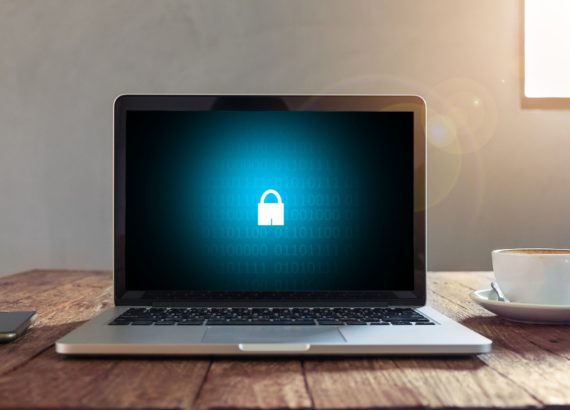Cybercriminals are an increasing threat in our digital world. Hackers use ransomware to trick you into sharing your personal information, from telephone scams to identity theft. They even pose as your bank or a loved one to catch you off guard.
To learn how to protect yourself from scams and what you can do if you are scammed online, understand the signs of two of the most common cyberattacks: phishing and spoofing.
The difference between phishing and spoofing
Phishing and spoofing are tactics used by scammers to gain access to your personal data. Although the means used to access the information differs, both forms of deception are intended to trick you into sharing your private data.
What is spoofing?
Spoofing occurs when a scammer masks their real phone number and makes it look like it’s coming from someone else (often your bank or a loved one). This ploy makes it appear that the call is coming from an institution or someone you trust. They may leave you a voicemail asking you to call them back at a certain number. Once they’ve earned your trust, they request access to your personal data.

What’s phishing?
Phishing is an email version of spoofing. Scammers often craft phishing emails to look like the real thing. They pull images and designs of institutions from legitimate emails to create fabricated versions. The scammer may use an email address that looks real at first glance and ask you to download an attachment or click on a link. These attachments and links often contain malware that can infect your computer. The scammer then installs ransomware to steal your personal information.
Learn how to prevent phishing from reaching your inbox.
How to protect yourself from online scams: dos and don’ts
- DO trust your instincts. If something feels off, it probably is.
- DO hang up and call back to speak with an official representative of the company to verify the call.
- DO any scam calls or emails you receive.
- If a caller asks you to download modem firmware, DO hang up and call the number on your bill for confirmation.
- DON’T trust your caller ID.
- DON’T provide sensitive information like your user ID, password, financial information (including bank account, credit or debit card information, and PIN), or your complete social security number.
- DON’T send money via wire transfer or online gift cards. Most reputable companies will never ask for payment this way.
- DON’T allow callers to access your computer or device by providing login information or allowing remote access.
- DON’T trust or open emails from any email domain you don’t recognize or that looks suspicious.

How Quantum Fiber handles spoofing and phishing attacks
The security of our customers’ devices and personal information is a top priority. Whenever possible, we implement proactive and preventive measures to combat cybercriminals. Quantum Fiber also cooperates with investigations by law enforcement, and we share information related to fraud as necessary.
We never call or email customers asking for financial, account, or personal information. You may be asked for the last four digits of your social security number to verify your identity. We never ask you to pay your bill via wire transfer or using online gift cards.
If you suspect you’re the victim of a scam phone call, hang up immediately and call an official Quantum Fiber representative to verify the call. Think you’ve been the victim of a phishing email? Contact our Fiber Customer Success Team to verify the information you received.
Your best line of defense: trust your gut
When confronted with any “urgent” request from Quantum Fiber, an institution, or someone you think you know, pause for a moment. Does the request seem legitimate? Does something seem off? Be aware of the signs of a scam and understand the difference between phishing and spoofing.
Most importantly, always trust your instincts, and know that you can count on Quantum Fiber for fast, reliable and secure internet.








